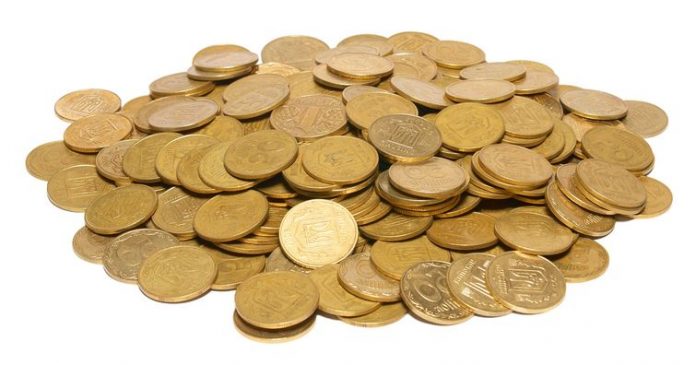Coin collectors are passionate about one thing: the value of their coins. To maintain the value requires a collector to follow some specific guidelines when handling or cleaning their coins.
It is important to realize that value is not determined by age alone. While age and rarity are important factors when determining the value of a coin there are other factors that affect the coin’s value in the eyes of a collector.
Market value is as much a determination of demand as any other factor. If you have an ‘in demand’ coin you may wish to consider selling your investment. To get the most value for your coins you should be aware of how to protect their value.
Part of the valuing process of a coin depends on its grade. The grading of a coin is based on the condition and value can vary greatly depending on the grade.
The highest grade is an uncirculated coin – in ‘mint’ condition. Coins are subject to downgrading by the smallest scratches, fingerprints, and discolorations so learning how to protect your coins will also protect their value. Here is a brief guide to handling your coins correctly.
HANDLING COINS
Whenever possible avoid handling collectible coins. Dust, scratches, fingerprints, and moisture will affect the quality of your coins and depreciate their value.
If you must handle your collectible coins you should try to hold them only on the edges, especially with mint condition coins. Whenever you handle another collector’s coins be sure to pick them up by the edges only.
If you are not returning the coin to its holder and must put it down, the best place would be a piece of velvet. For lower-grade coins, you may choose any soft fabric or clean paper.
Avoid holding the coin too close to your mouth since small particles of moisture may adhere to it and create corrosion.
CLEANING COINS
Cleaning collectible coins is not advisable. If necessary it is best left to an expert. In fact, the patina developed on a coin over time may actually be a desirable quality to collectors and a cleaned coin could actually decrease its potential value.
STORING COINS
Most holders provide adequate protection for collections but you will want to be sure that your most valuable coins are protected not only from fingerprints and dust but also moisture.
Typical stapled or taped packets do not provide the optimum amount of protection, however, there are other protectors available that can also protect against moisture. In any case, it is best to store coins in a dry place; never store them in a basement or other cool, damp area.
You can then place your coins in a folder which makes it convenient to view and show your coins without unnecessary handling. Protecting your coins from the beginning is important in maintaining their value in the future.

